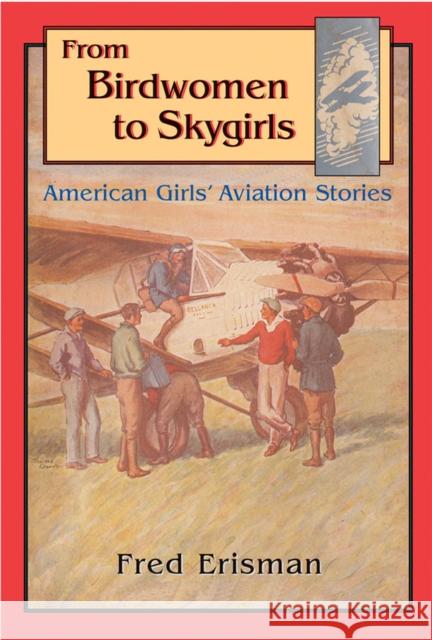From Birdwomen to Skygirls: American Girls' Aviation Stories » książka
From Birdwomen to Skygirls: American Girls' Aviation Stories
ISBN-13: 9780875653976 / Angielski / Twarda / 2009
Close on the heels of the American public's early enthusiasm over the airplane came aviation stories for the young. From 1910 until the early 1960s, they exalted flight and painted the airplane as the most modern and adventuresome of machines. Most of the books were directed at boys; however, a substantial number sought a girls' audience. Erisman's account of several aviation series and other aviation books for girls fills a gap in the history and criticism of American popular culture. It examines the stories of girls who took to the sky, of the sources where authors found their inspiration, and of the evolution of aviation as an enterprise open to all. From the heady days of early aviation through the glory days of commercial air travel, girls' aviation books trace American women's participation in the field. They also reflect changes in women's roles and status in American society as the sex sought greater equality with men. As aviation technology improved, the birdwomen of the pre-World War I era, capable and independent-minded, gave way to individualistic 1930s adventurers patterned on Amelia Earhart, Jacqueline Cochran, and other feminine notables of the air. Their stories lead directly into the coming of commercial air travel. Career stories paint the increasingly glamorous world of the 1940s and 1950s airline stewardess, the unspoken assumptions lying behind that profession, and the inexorable effects of technological and economic change. By recovering these largely forgotten books and the social debates surrounding women's flying, Erisman makes a substantial contribution to aviation history, women's history, and the study of juvenile literature. This first comprehensive study of a long-overlooked topic recalls aviation experiences long past and poses provocative questions about Americans' attitudes toward women and how those attitudes were conveyed to the young.











